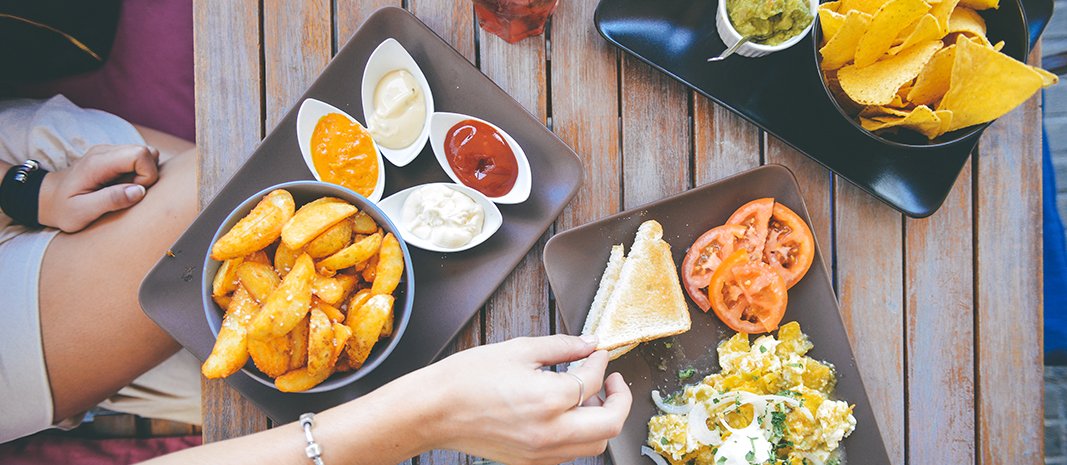
How to maintain a healthy diet during the holidays
By Jeni Tackett, Health promotion coordinator
‘Tis the season for potlucks, tons of food and family get-togethers.
We all want to eat the good stuff, but we don't want to gain weight over the holidays. Preventing weight gain and being healthy depends on how much and what kinds of food you're eating at those get-togethers. You’re allowed to enjoy those not-so-healthy holiday meals but remember you do not want that happen at multiple holiday gatherings. Be cautious if having more than one get together over the holidays. And be mindful of your portions.
The following are tips for how to make healthy choices over the holidays:
Eat before going to a holiday potluck: Remember, the real reason for the get together is to catch up with family and friends. Enjoy chatting, try not to focus so much on food. If you eat something healthy before a get-together, then you may not be as inclined to eat some of those unhealthy dishes. You can also bring your own healthy dish, something you know you will enjoy.
Avoid sitting at or by the food table: If you're sitting around talking with people at the food table, then it's easy to grab and snack on those things. That turns into mindless eating when we don't even realize that we're eating. If you do have a snack, the best choices are non-starchy vegetables like carrots, celery, mini bell peppers, sliced cucumbers, broccoli and cauliflower or small portion of nuts/seeds and fruit.
Start with veggies: Half of everyone's plate should be non-starchy vegetables, one quarter should be a healthy protein, and the other quarter should be a starch. Small amounts of starchy vegetables are fine, but we also need to be careful of what toppings we use like butters or gravies, so try going for the veggie tray or salad dish first so you can fill up on good fiber. Another starch could be a grain, try to choose whole grains if possible. Then, start looking at your lean proteins. Gravitate to the chicken, fish, turkey, tuna, eggs, beans and lentils – and try having them grilled, baked, broiled; not breaded, fried or cooked in sweet sauces. Then if you are still hungry, choose one small treat for yourself.
Select the correct portions: Portion size is different for everybody, so you have to account for different calorie needs based on your weight, height and other factors. A general rule of thumb for portions is ½ cup of something is a serving. However, with proteins, like meats you want to stick with 3 ounces or the size of the palm of your hand. For rice and pasta dishes try to keep to ⅓ – 1 cup or consider the size of your fist. The tip of your thumb or 1 tablespoon could be used for butters, dressings, etc. When in doubt, use the nutrition label and make sure to check serving size.
Go outside: If it's nice enough, get outside and take a walk with someone or do some outdoor activities. Try to find a way to stay active during the holiday season. And if weather does not allow maybe try playing board games or other indoor activities that do not involve food.
Know your numbers: Schedule an appointment with your doctor to check your glucose (blood sugar) and A1C levels. Let your blood sugar numbers and your health be a motivating factor to help you make healthier choices.
We all want to enjoy the holidays. Having a small portion of unhealthy food is not going to be the end of the world if it is on occasion. If you're mindful that you're having a little bit of something that's not the best for you, its ok, just get yourself back on track the next day.